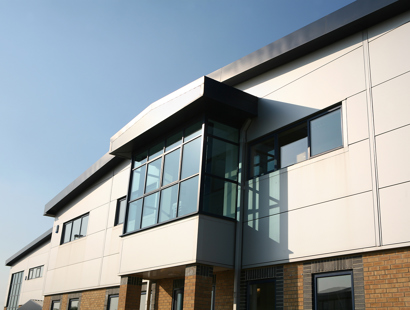The Curse of the Full Repairing Lease
When you're on the hunt for a commercial property to lease, it's crucial to be aware of the terms and conditions attached to the lease agreement.
When you're on the hunt for a commercial property to lease, it's crucial to be aware of the terms and conditions attached to the lease agreement.
A common term you might encounter is "FRI," which stands for "full repairing and insuring." This term implies that as a tenant, you'll be responsible for almost all the costs associated with the property, including insurance, repairs, and maintenance.
Even if the property is part of a larger building, you may still need to contribute to the structural and exterior maintenance through a service charge.
Understanding the 'full repairing and insuring' lease
- Tenant responsibilities: under an FRI lease, you're expected to cover a wide range of costs, including insurance and repairs
- State of repair: you might think you only need to return the property in the same condition as when you leased it. However, many leases require you to put the property into full repair, regardless of its initial state (be aware that when a lease says ‘keep’ in repair, counterintuitively what that actually means legally is an obligation to ‘put’ the property into repair if it is not in repair already)
- End-of-lease implications: at the lease's conclusion, landlords may present a Schedule of Dilapidations, listing repairs and improvements they expect you to make, which can be costly
Navigating lease terms and negotiations
- Expert advice: a landlord will not usually enforce the repairing covenants aggressively during the lease; instead they are likely to serve a schedule of dilapidations at the end of the lease. If a landlord enforces repair covenants aggressively during the lease, it's wise to seek professional property law advice
- Negotiating claims: you can often negotiate the landlord's claims set out in any schedule of dilapidations, especially if they include overpriced work, improvements disguised as repairs, or items that were already present at the start of the lease
- Statutory limitations: be aware of statutory limits on compensation and the lease's specific limitations on repair obligations
Proactive strategies for lease agreements
To avoid unexpected costs and responsibilities, consider the following strategies when negotiating a lease:
- limit repair obligations: negotiate terms that limit your repair obligations to the property's condition at the start of the lease
- schedule of condition: agree on a documented schedule of the property's condition as evidence
- exclusions and rent-free periods: exclude disrepair due to the property's current condition and negotiate rent-free periods to cover the costs of necessary works
- landlord's improvements: arrange for the landlord to undertake certain improvements
- service charge cap: leases of part (where the Landlord requires a contribution to the cost of repairing the structural parts of the building via a service charge), insist on an annual cap on the service charge
Critical approach to property negotiations
When evaluating potential properties, it's essential to scrutinise the terms and understand that landlords may try to transfer as much of the property's management cost to you as possible.
Always approach property negotiations with a critical eye and aim to secure accommodation that meets your needs at a reasonable cost.
Remember, the key to a successful lease agreement lies in understanding and negotiating the terms upfront to ensure they are fair and manageable for your situation.
Get in touch
If you would like to speak with a member of the team you can contact our charity law solicitors by telephone on +44 (0)20 3826 7510 or complete our enquiry form.



